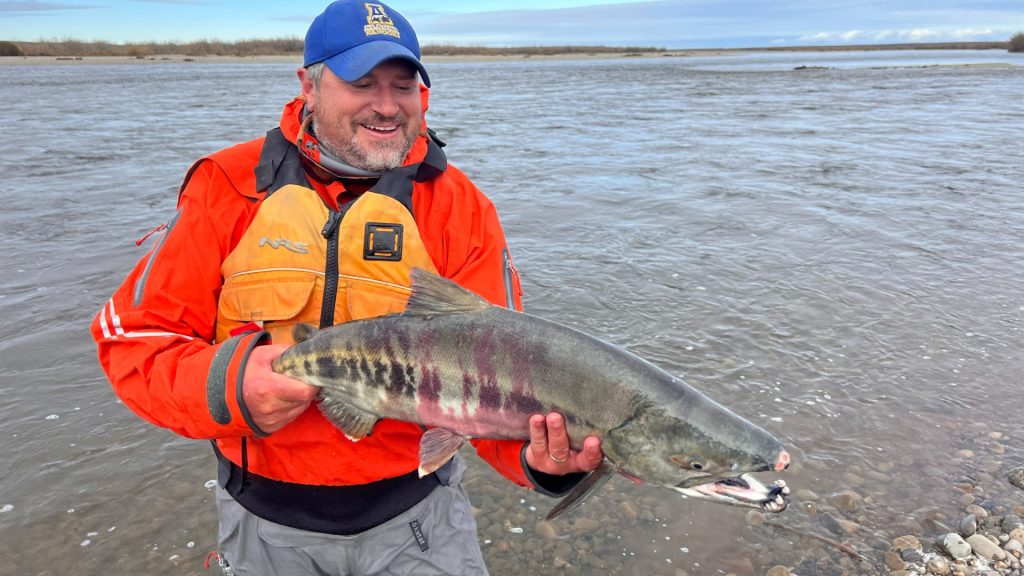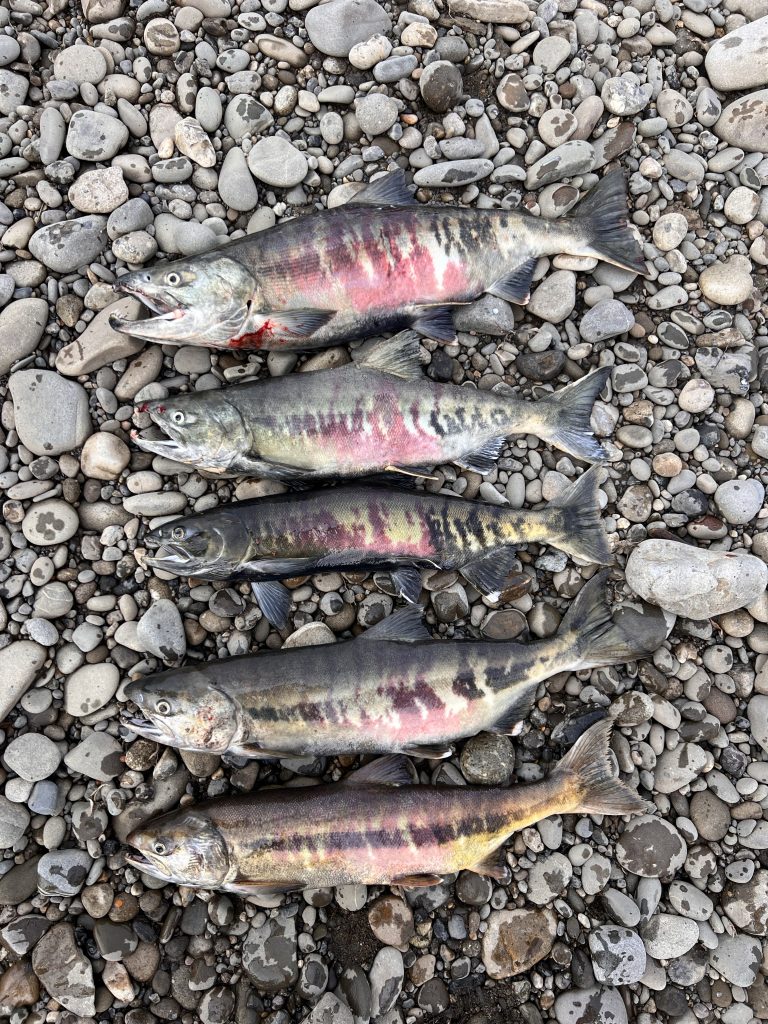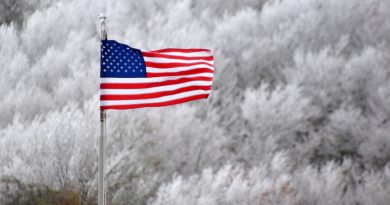New research suggest some salmon species expanding their range in the Arctic

An Alaska-based project has found salmon spawning in the Arctic Ocean watershed, suggesting that climate change is pushing certain salmon species into new areas.
Peter Westley, an associate professor at the University of Alaska Fairbanks’ College of Fisheries and Ocean Sciences, said the discovery supports the hypothesis that, as the environment warms, salmon are moving northward in search of waters with temperatures closer to their traditional habitats.
“Throughout most parts of the salmon’s range, things have gotten too warm and they’re starting to blink off,” Westley said in a statement on Thursday. “In the Arctic, the water is getting warm enough and they’re starting to blink on.”
To do the research, scientists studied 100 chum salmon on two rivers on Alaska’s North Slope, the Arctic part of the state.
The Anaktuvuk and Itkillik rivers flow into the Colville River, which empties into the Arctic Ocean.

The scientists said the fish they observed in mid-September 2023 were either spawning or had completed their spawning at locations where it seemed that groundwater was rising to the surface. The researchers noticed the conditions were similar to where salmon reproduce in the their usual habitats.
“Straying is part of the biological story of salmon — it’s what they do,” he said. “It’s a fundamental part of their biology and evolution. In the Arctic, we can see it playing out before our eyes.”
Research shaped by community meetings
The University of Alaska Fairbanks, the institution that led the project, said the research was shaped by community meetings in the North Slope set up for scientists, community members and Indigenous fishermen to talk about the increasing numbers of salmon in the Arctic and where they might be coming from.
It was feedback from that gathering led the researchers to focus their project on the Colville River watershed.
“One major theme was that salmon have always been on the North Slope, but they’re also increasing in recent years,” said Elizabeth Mik’aq Lindley, the graduate student at the university who helped organize the meeting.
“I don’t want to portray our discovery as the first ever. That assumes no one has ever seen this before, and people have been there for thousands of years.”
Questions around spawning remain
The researchers say there’s much left to understand about their recent findings.
They remain uncertain about the successful reproduction of the fish and plan to revisit in fall 2024 to ascertain the presence of smolt or newly spawning adults.
In the meantime, they’ve deployed sensors within some of the salmon nests to monitor the possibility of river freezing, which could potentially endanger the embryos during winter.
The scientists are also analysing salmon bone and tissue to see if they’ve been in Arctic waters their whole lives.
Comments, tips or story ideas? Contact Eilís at eilis.quinn(at)cbc.ca
Related stories from around the North:
Canada: Invasive species: Fisheries and Oceans Canada has no mandate in Arctic, audit finds, CBC News
Finland: River ice and white hares: Finnish scientists study signs of climate change in nature, Yle News
Greenland: Glowing snailfish full of antifreeze proteins found off coast of Greenland, Eye on the Arctic
Norway: Will Russia ask Norway to cut crab fishing in Arctic fjord?, The Independent Barents Observer
Russia: Snow crabs invading Russia’s Arctic nuclear waste dump, The Independent Barents Observer
Sweden: Environmentalists seek solutions to ghost net problem in Baltic Sea, Radio Sweden
United States: Alaska’s fisheries face climate change, costs; fewer youth join trade, The Associated Press



